Dog Grooming Services Now Available at GCHS
Students in the dog grooming program work to make Ollie, the school’s therapy dog, look his best.
November 28, 2022
This school year, the agriculture program at Great Crossing High School created a business offering dog grooming services. The business was chosen to give students insight and some experience in a career related to agriculture, as well as providing students leadership opportunities.
Agriculture instructor Emilee Wiler started planning for the dog grooming business four years ago. She visited Locust Trace Agriscience Center in Fayette County and saw that they offered pet services. Locust Trace’s program became the model for the program at GCHS, which is beginning on a smaller scale than the one that inspired it. Wiler described what Locust Trace was doing as, “basically ECS, but it’s agriculture.They have dog grooming, and they have a vet lab where they have a vet that works on site, so when students come to class, they get to work with a vet tech.”
Students in the program learn a variety of grooming skills: proper techniques for baths, haircuts, and nail trimming. The services are currently available to employees of Scott County Schools, with plans to expand to the larger community as the program grows.
Wiler explained that the experience with dog grooming helps students gain employable skills. `They are doing a vet tech certification, so by the time they leave my class, they have the opportunity to take the vet tech assistant license exam. Students can then go into an above entry level position at a vet clinic, because they already know how to do the skills like handling, restraining, giving medication, even nail trimming. And then if they wanted to go into dog grooming, this is something they can do right out of high school and start a dog grooming business because there is no special license or special training. Those careers are based on experience.”
The program provides hands-on experiences to students that are considering a career in a related area. Senior William Barrett explained why he became involved with the program, “I want to be in the veterinarian system, and I want to learn about agriculture because it plays a key role in our lives.”
Barrett also explains why he thinks this experience has been so vital to him as well. “It not only gives you the proper way to groom dogs, but it also teaches us how to handle them, restrain them, and what to do in emergency situations. All things that are important if this is the path you wanted to take.”
Rebecca Stewart, a special education teacher here at GCHS, recently brought in her three german shepherds several times for grooming. She recommends the service. Stewart said, “The grooming was wonderful. I’ve had two of my dogs there, and they both did really really well. The first one I went down and picked him up from students. The second one they brought her to me in my classroom; I didn’t even have to go pick her up, which was really nice of them to do. But the bath was great, the nails were great, and they did an overall really good job.”
Not only is the business giving students experience in grooming and working with customers, but it also helps finance the agriculture program with the profit from the grooming fees. “Vet science is an expensive class. We have to have syringes, and other medical expenses. We opened up the grooming lab, so we can be able to afford and be self-sufficient so we can afford it. All of my classes have a business aspect that helps fund the program, so that we don’t have to rely on others,” shared Wiler.
Students are working to market the new program and make the school community aware of its existence. Mrs.Wiler said that right now many are using social media to do that. Wiler explained, “Kids post on snapchat that there’s a dog in their class and they say, “What class is that?” and then it just goes from there.”
Another benefit of the program is that it helps Wiler educate the school community that agriculture is more than just growing crops. “Agriculture gives us the food we eat everyday, it also gives our resources like lumber, and also our clothing. So no matter what you plan on doing with your life agriculture does have an impact on it, but from my perspective as a teacher I feel like the leadership skills you get out of an agriculture class is the biggest thing even if you’re not going into agriculture you need to know how to publically speak to people and know how to use leadership skills.”

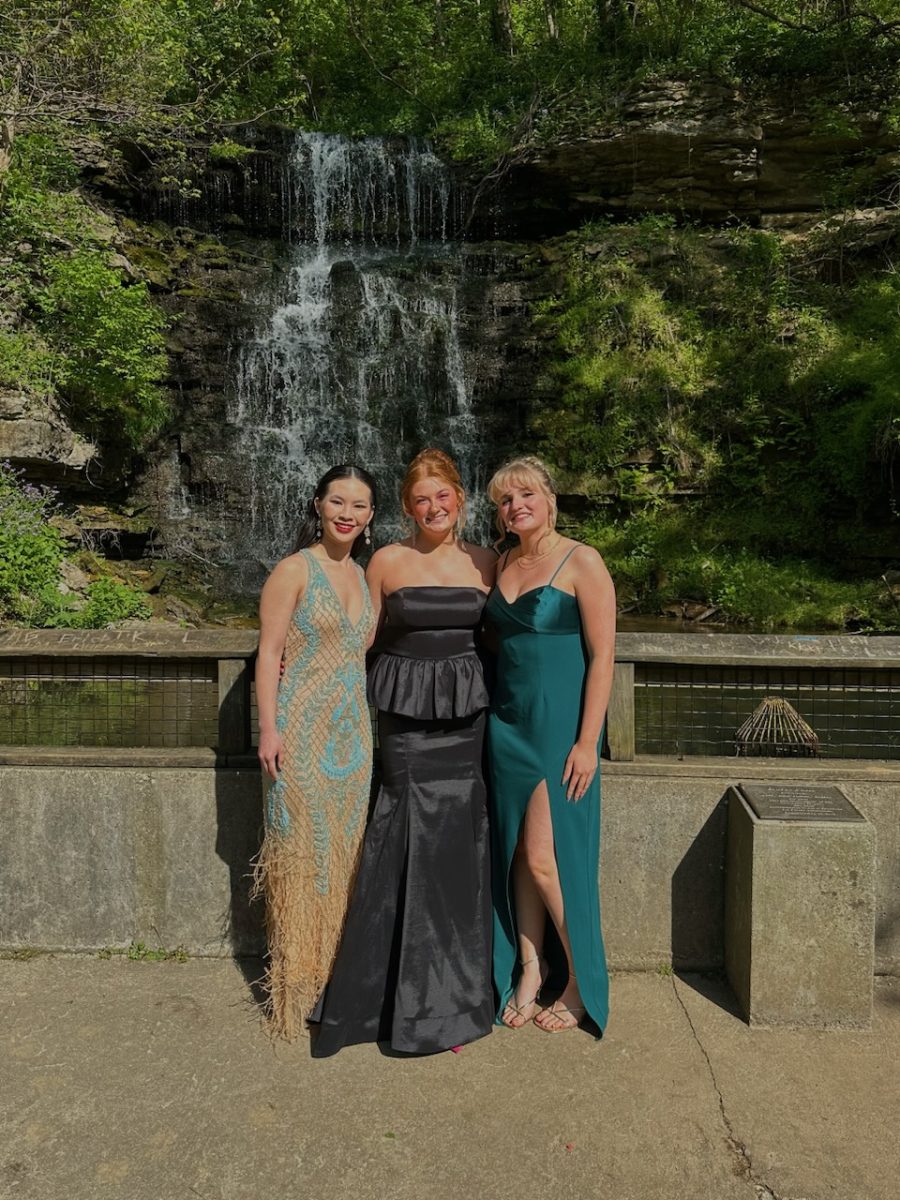
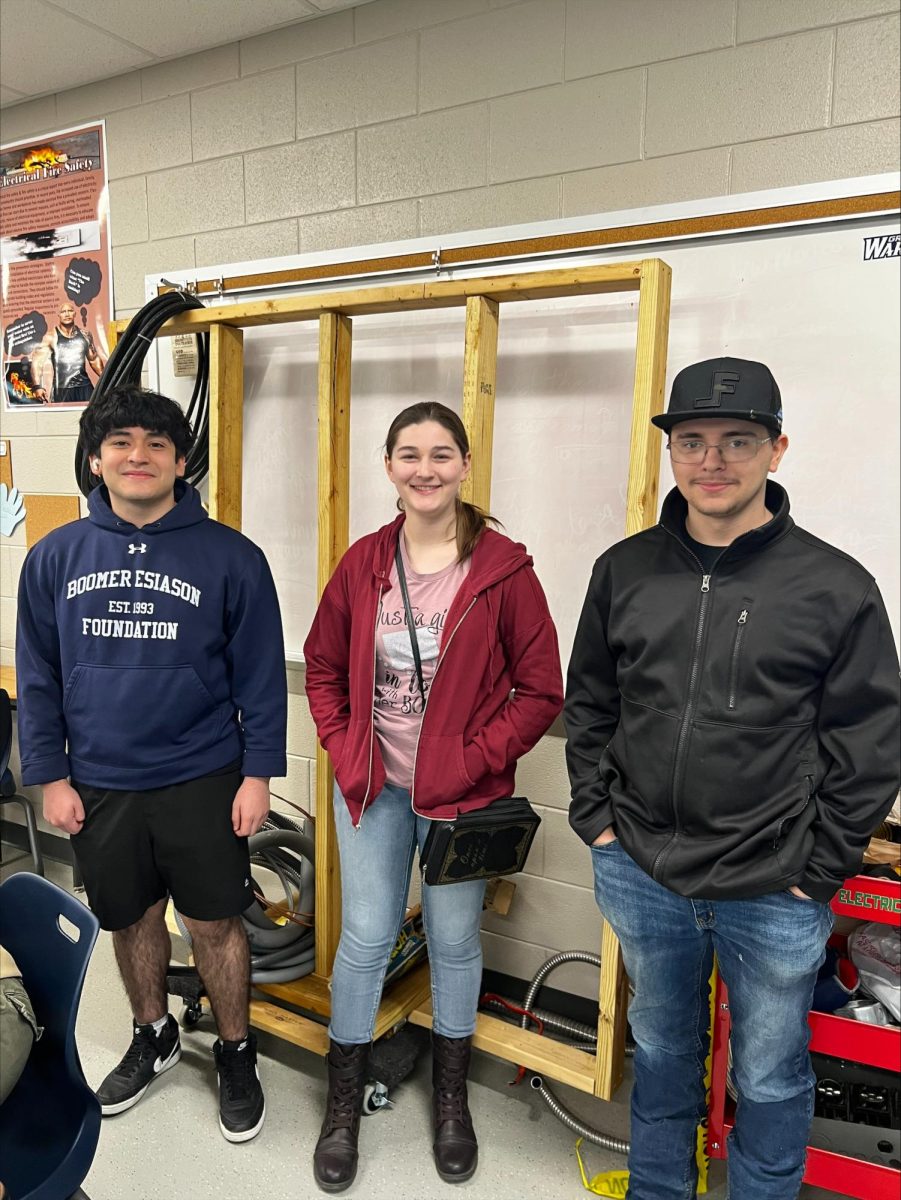
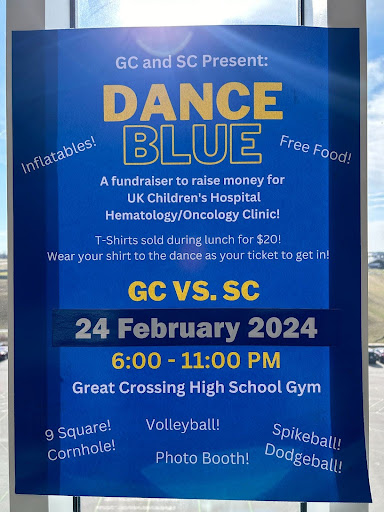
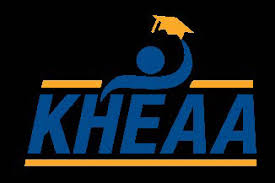
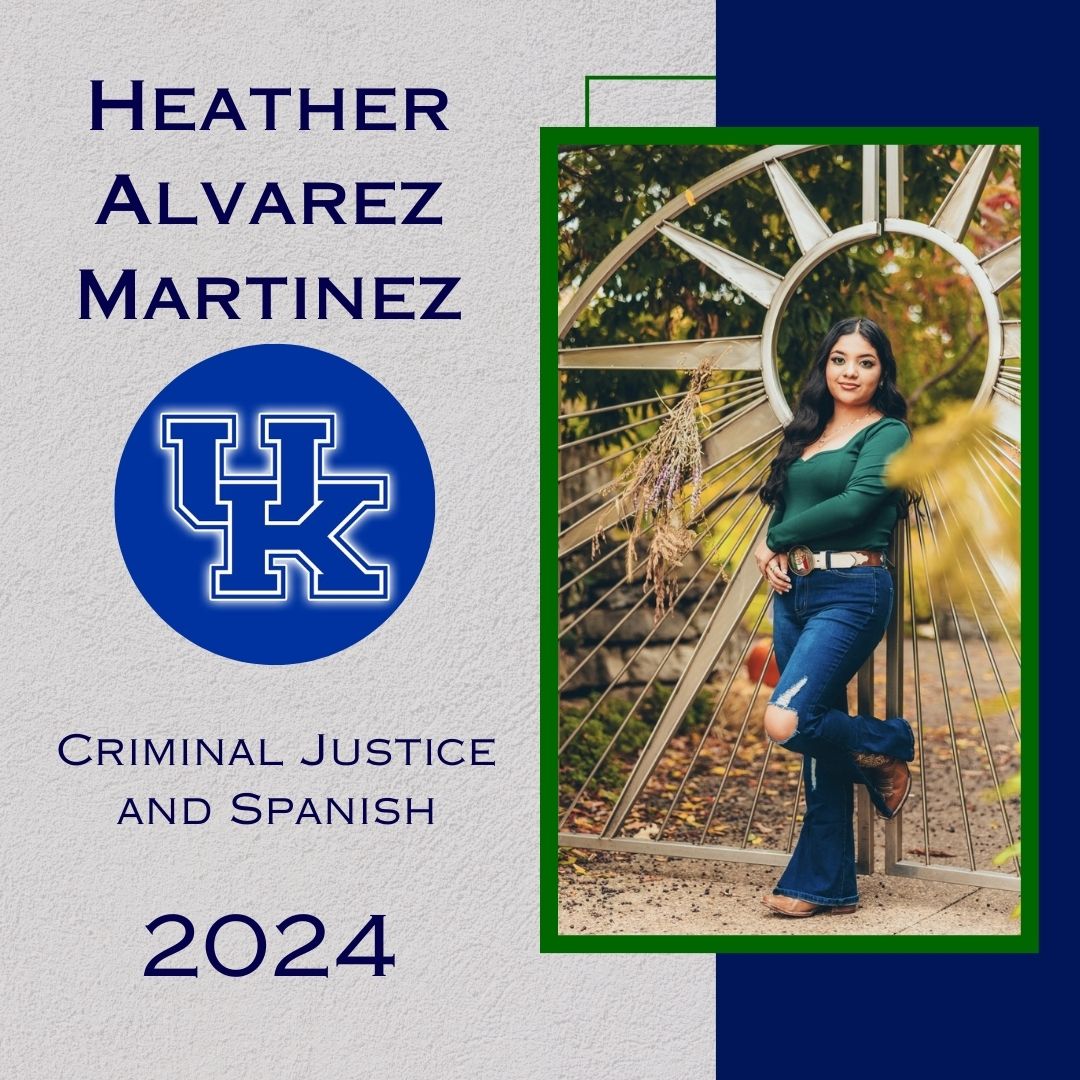

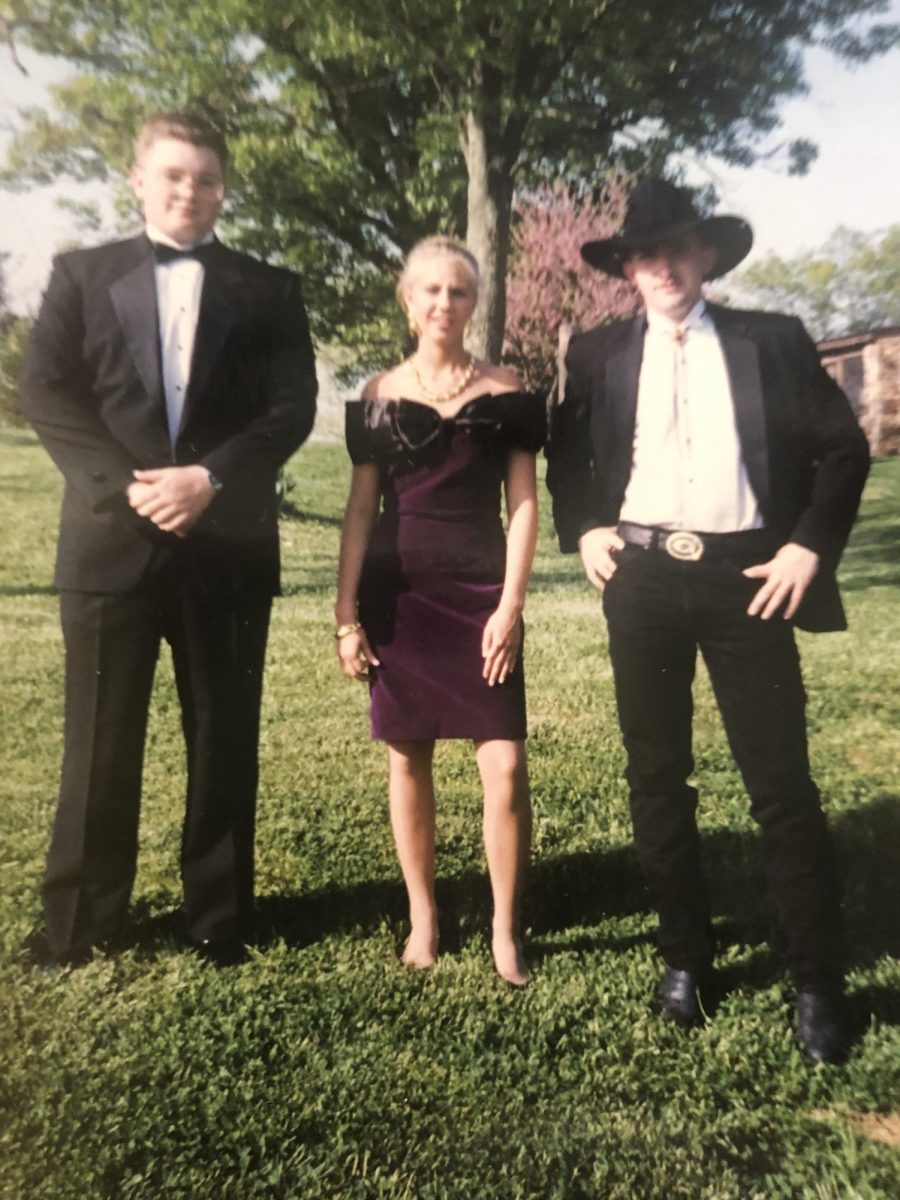


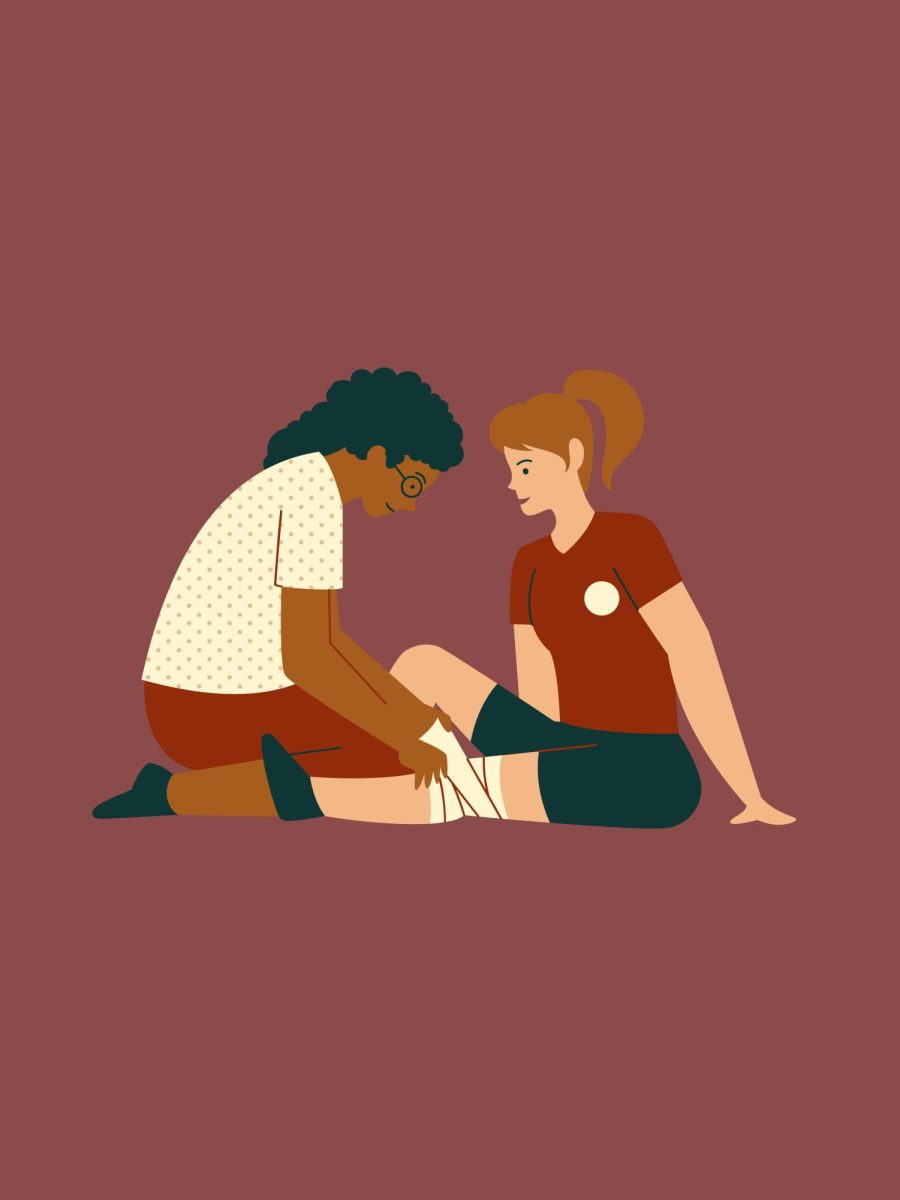
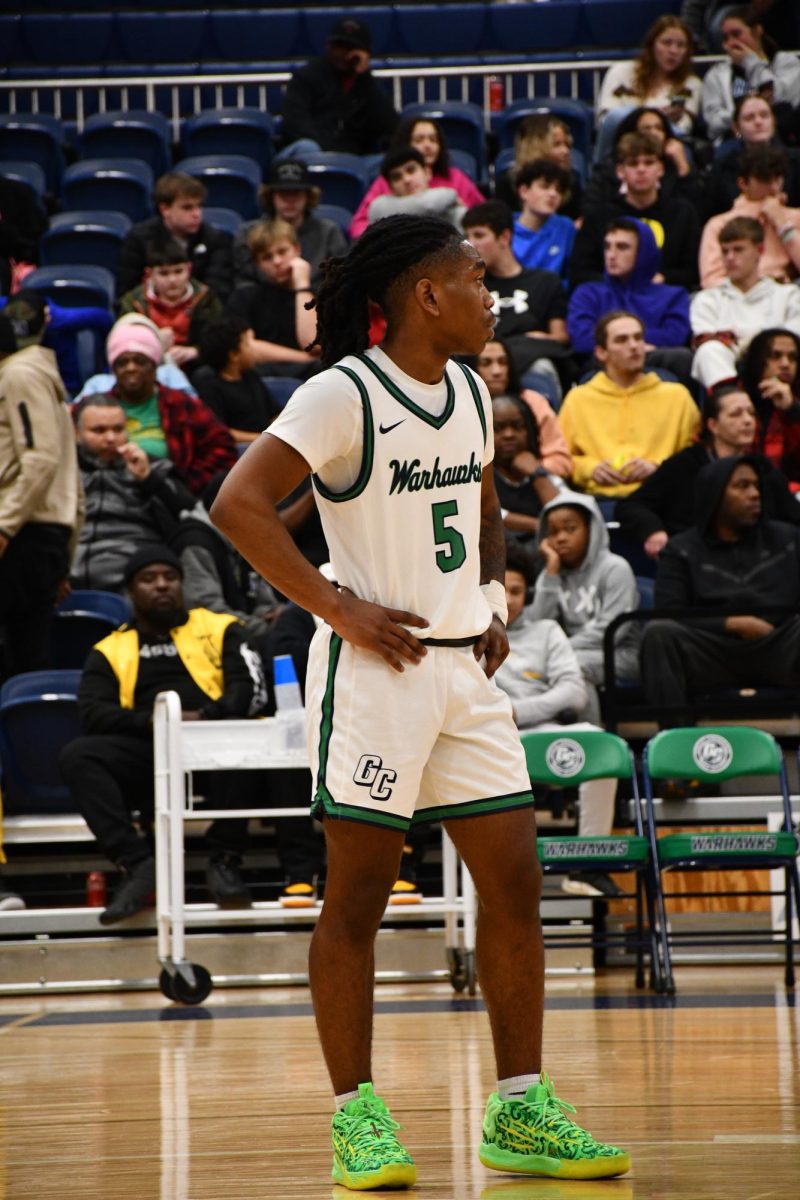
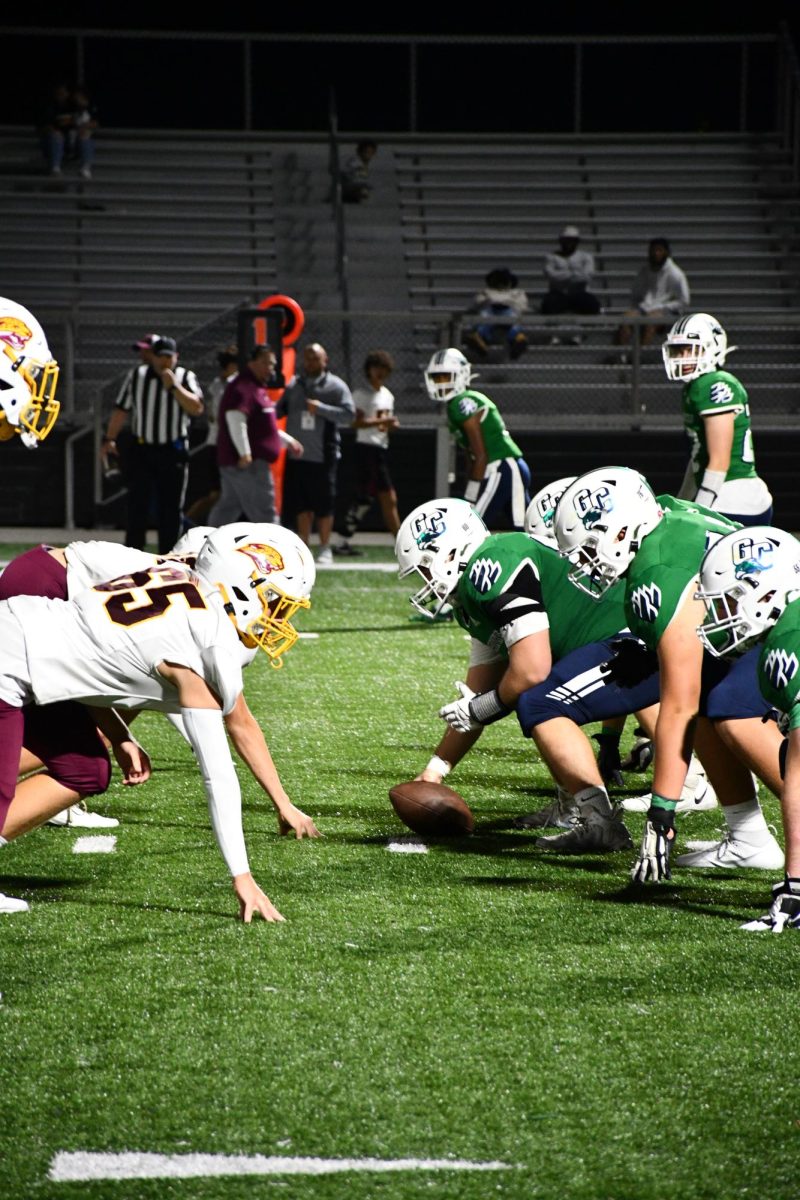
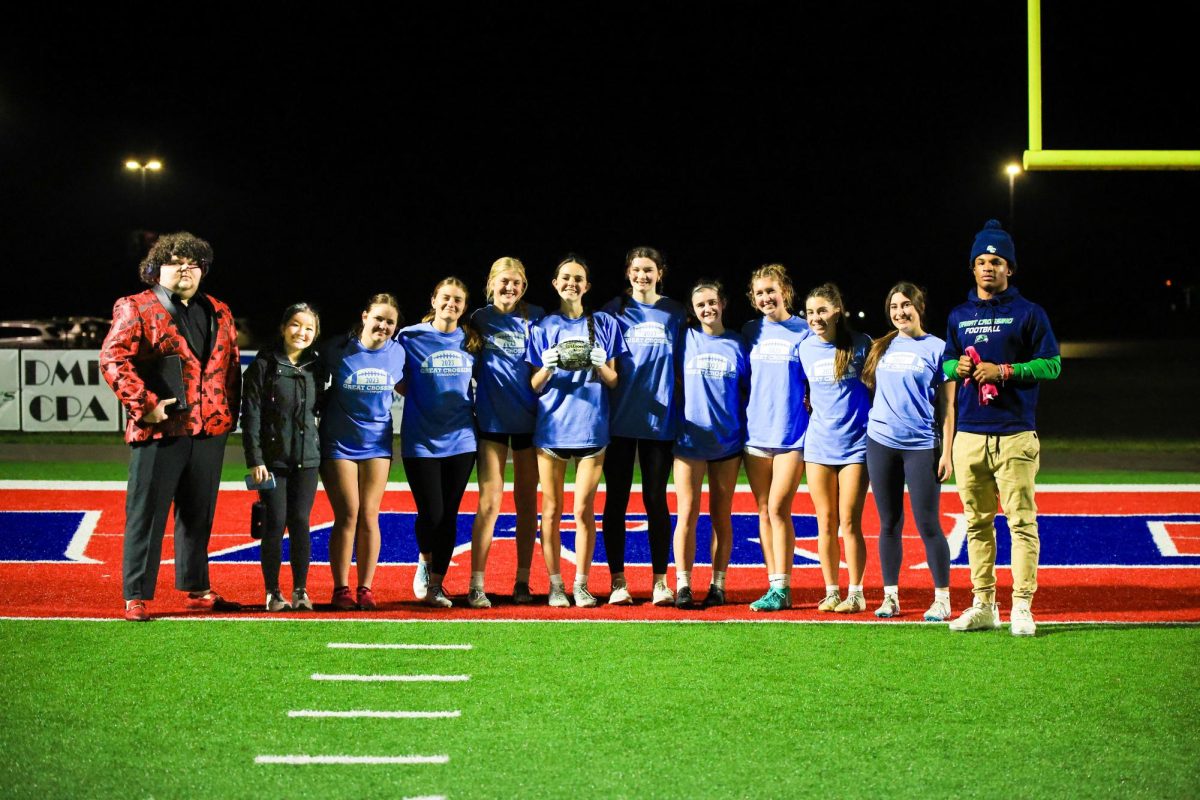
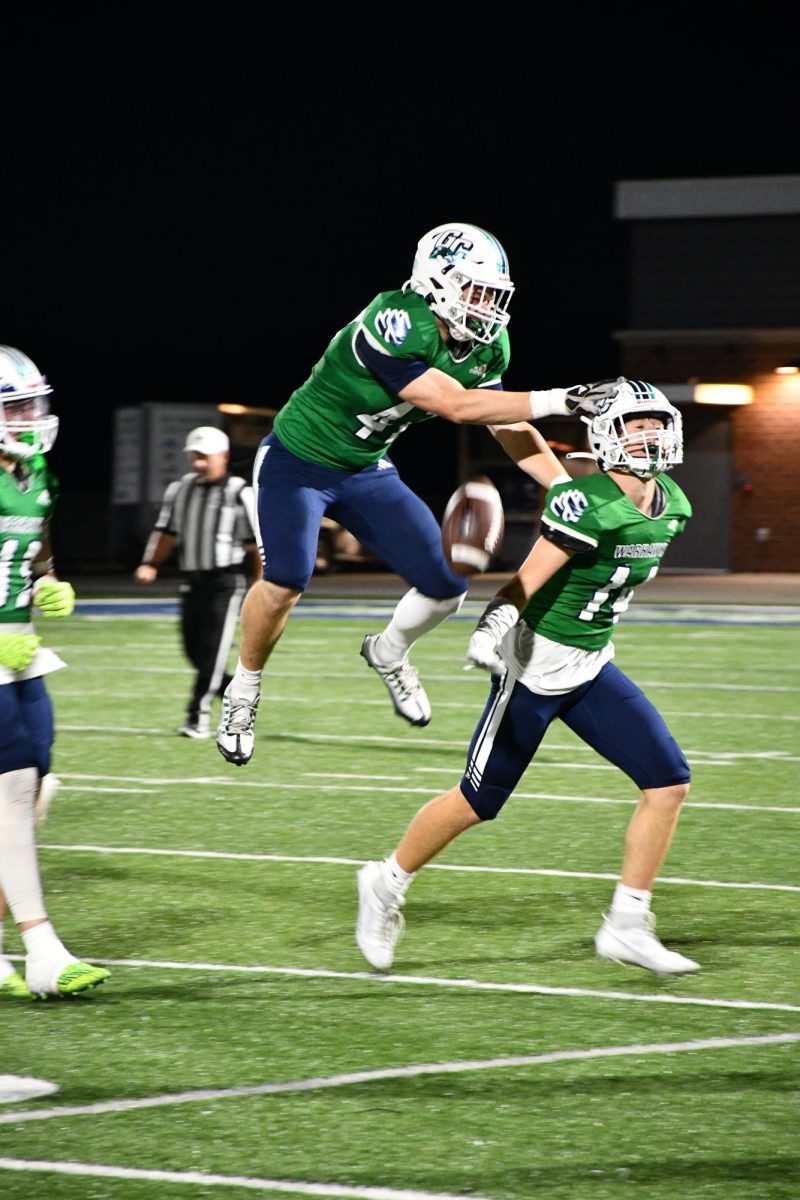
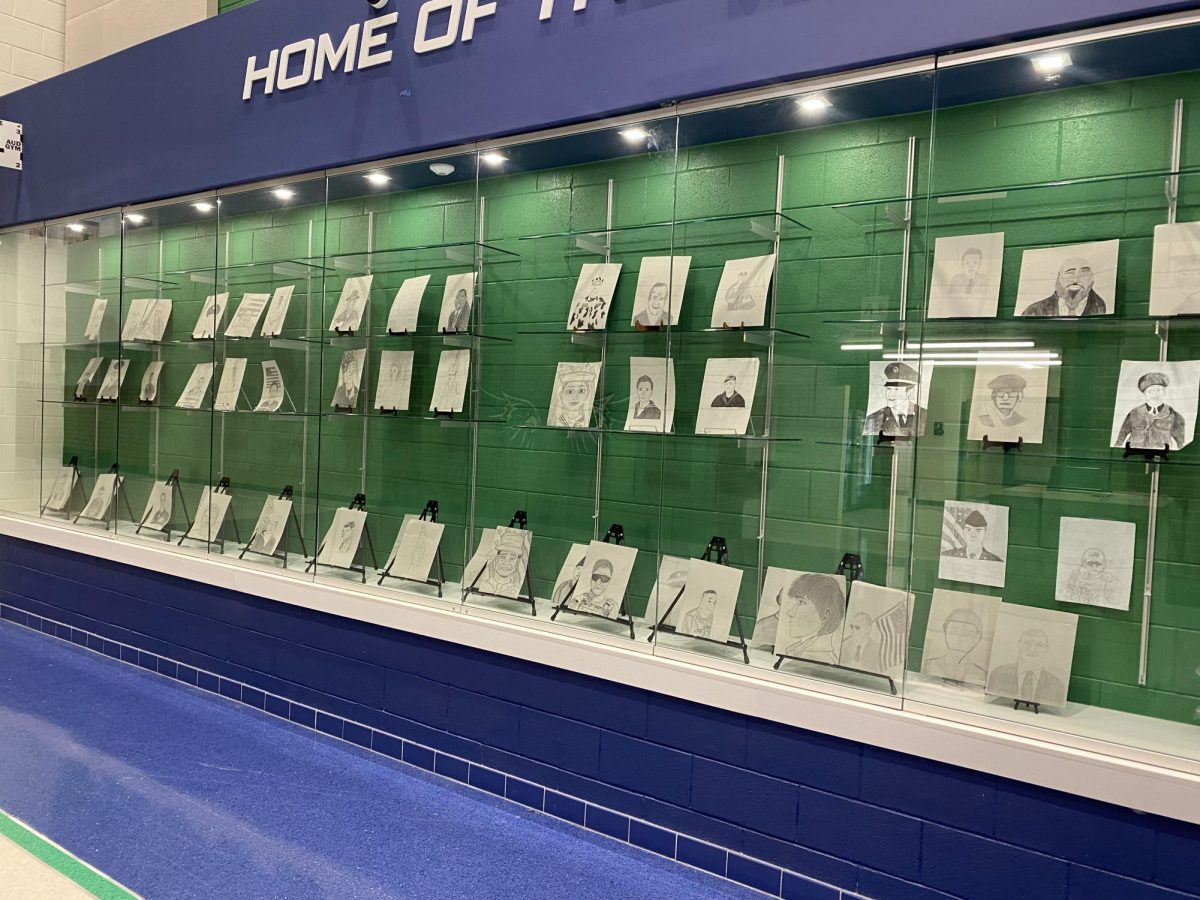
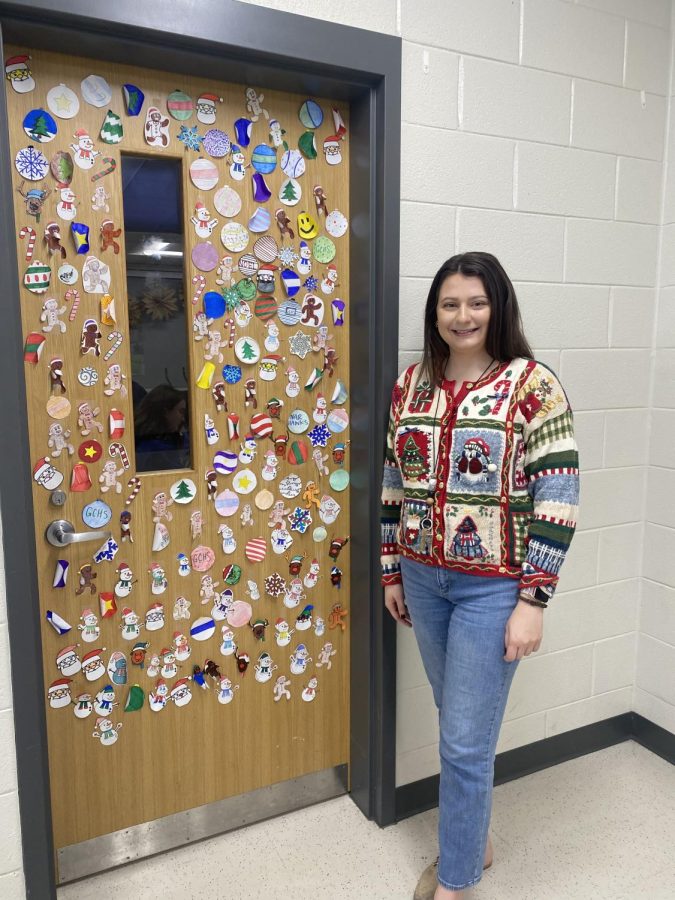
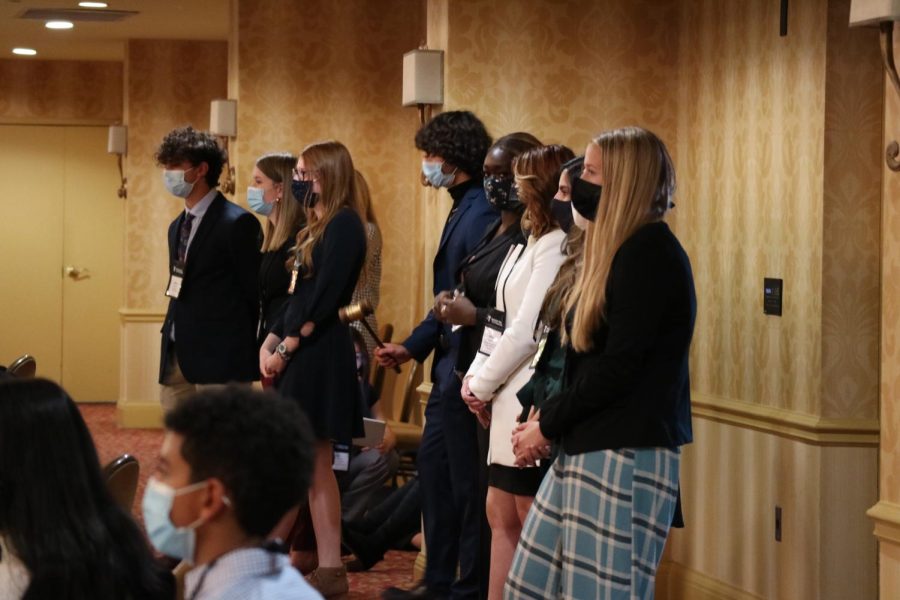
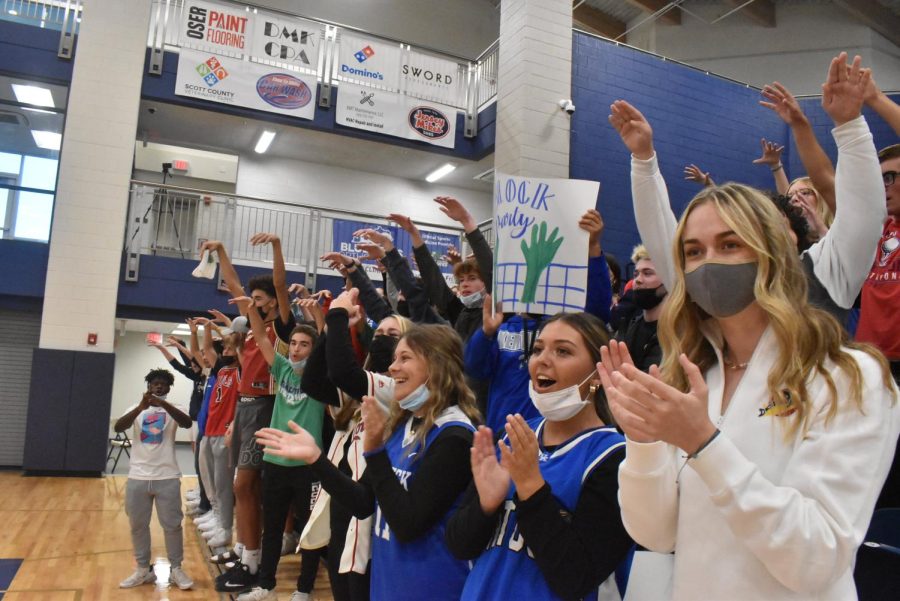
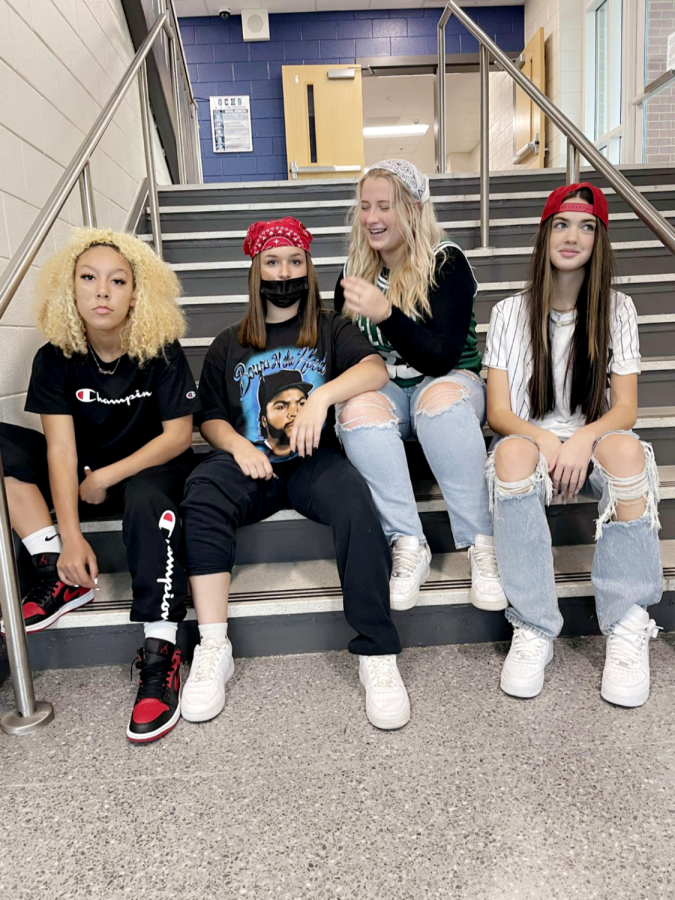


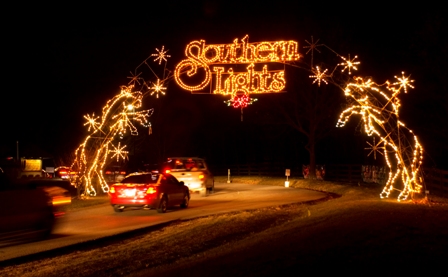
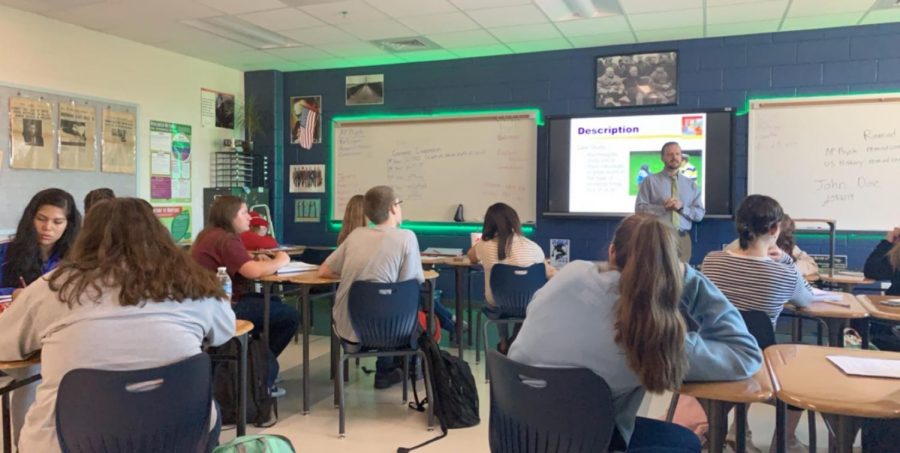


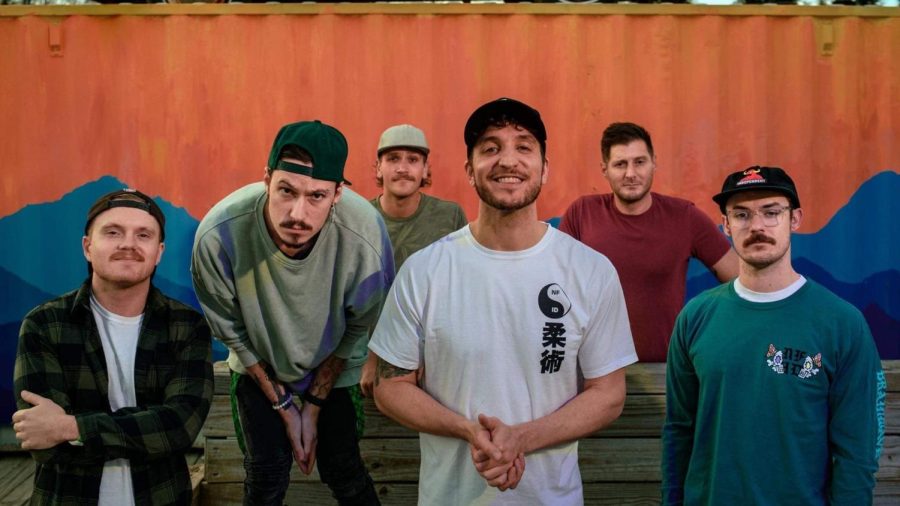

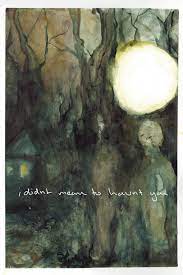
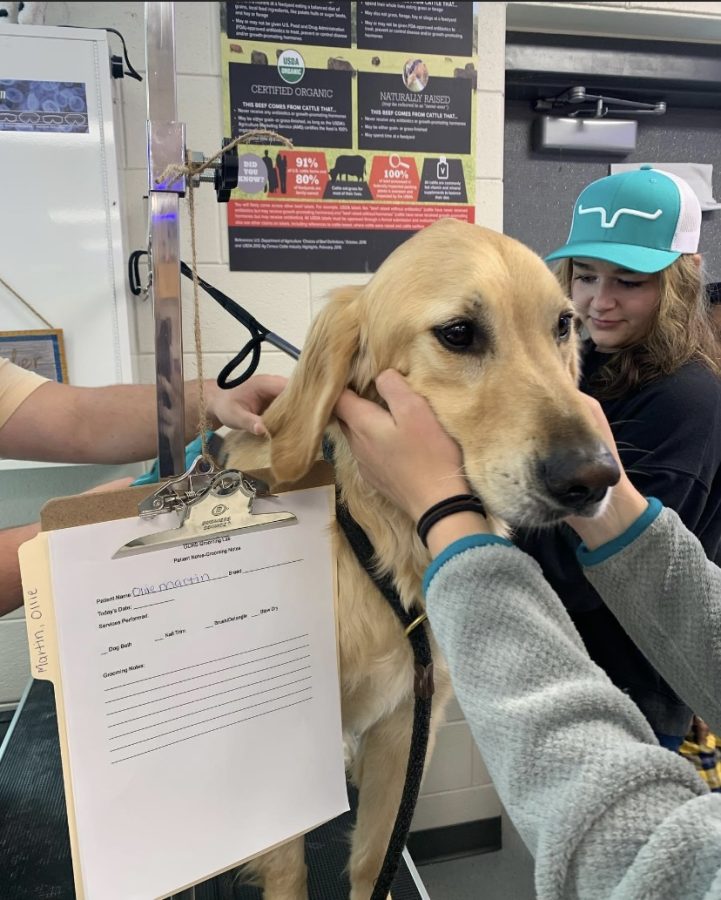
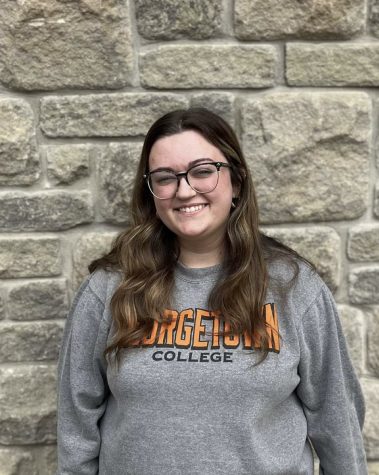
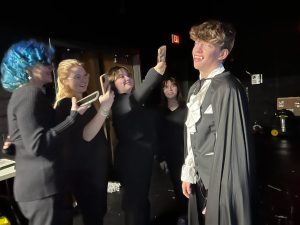
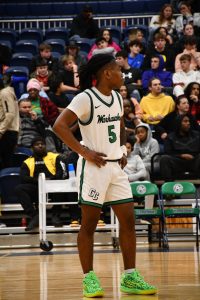

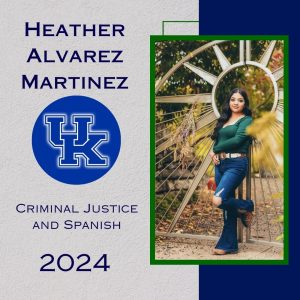
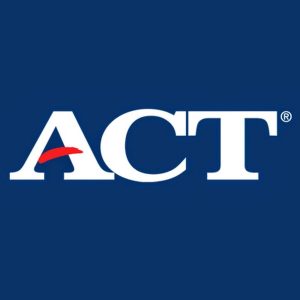

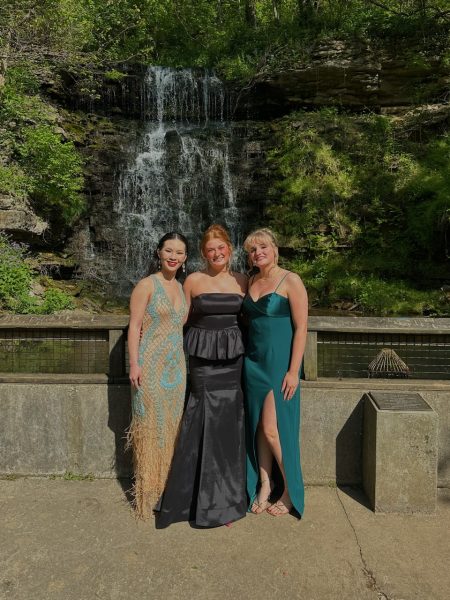
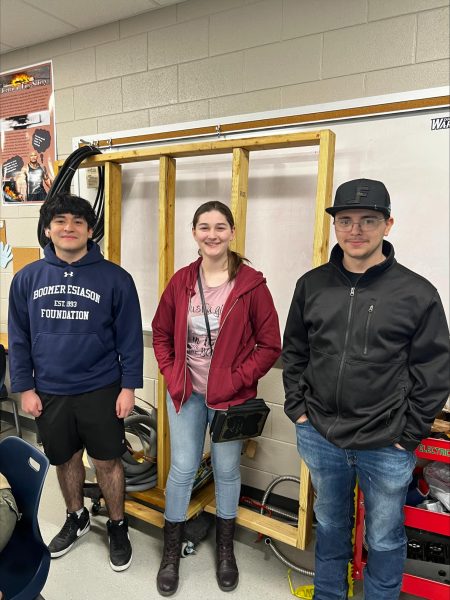
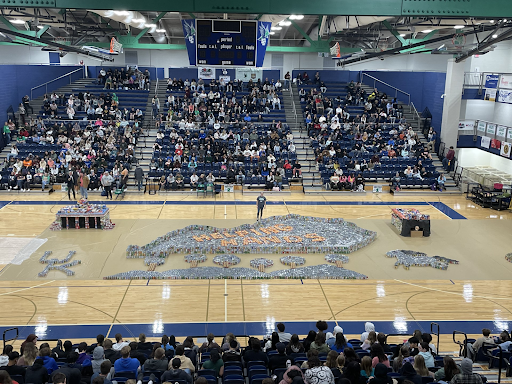
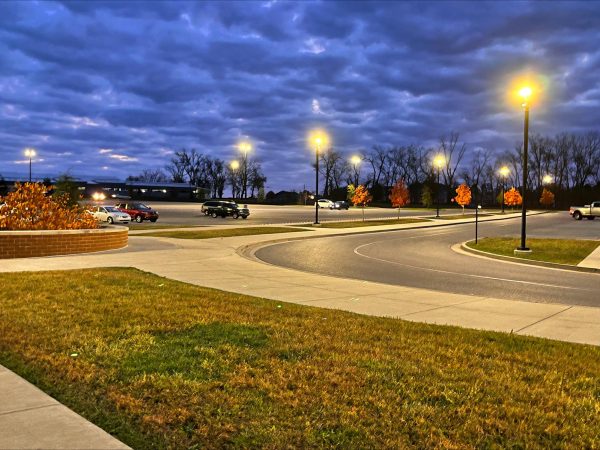
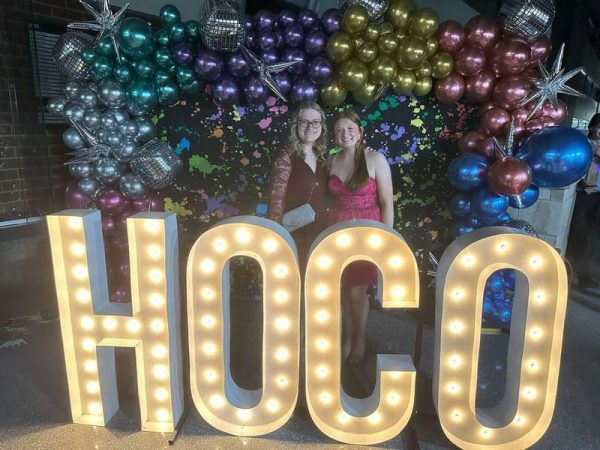
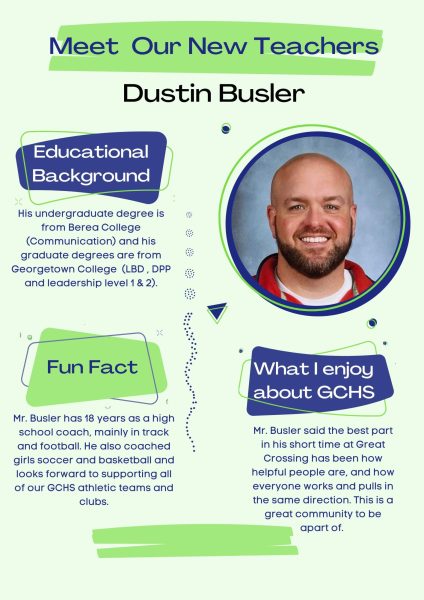
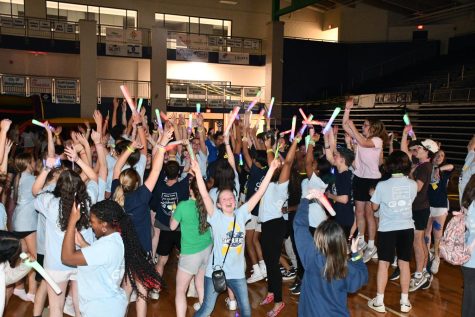
Lukas O'Banion • Dec 13, 2022 at 1:35 pm
good opportunity for the students to figure out what they like and somthing fun for them.
hayden • Dec 9, 2022 at 1:10 pm
i love this business it is a way for the kids to learn a job skill and a way for the agriculture department to raise money
Jennifer Beckett • Nov 29, 2022 at 3:04 pm
What a great idea and a great article! Thank you for sharing this, Bailey!
Rebecca • Nov 29, 2022 at 11:03 am
This is so cool! I love seeing the amazing new ways GCHS is using to teach teenagers life skills!
Joy Lusby • Nov 29, 2022 at 7:14 am
Bailey, you did a fabulous job on this article! Boone loves coming to get his bath here and the students at GCHS do a great job with him! Thank you for this spotlight on a new opportunity here!
Annette Manlief • Nov 29, 2022 at 7:12 am
I think this service and program is fantastic for our community and our students. Love it!
Marissa Hancock • Nov 29, 2022 at 7:11 am
Outstanding! Way to Work!